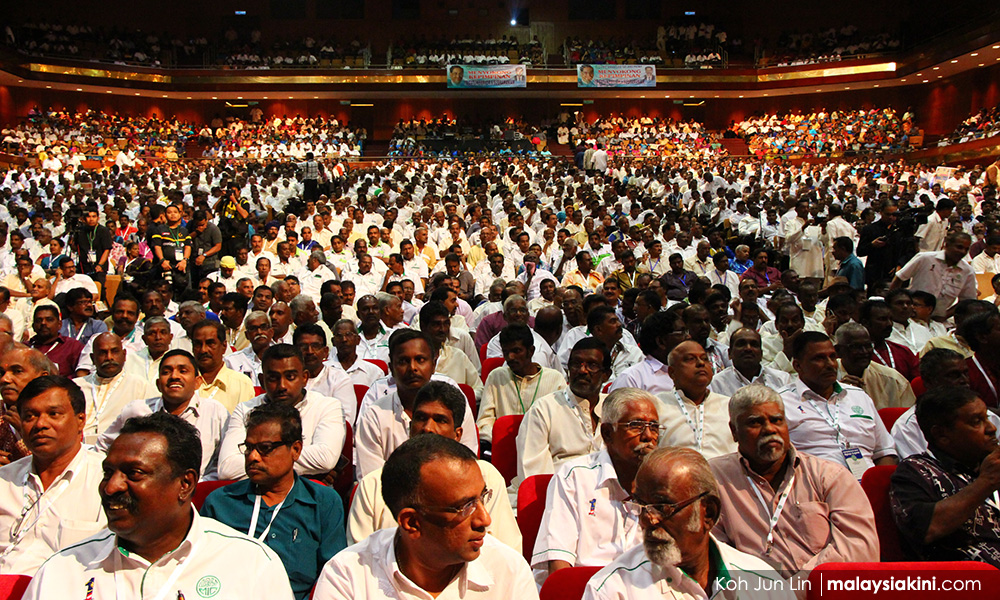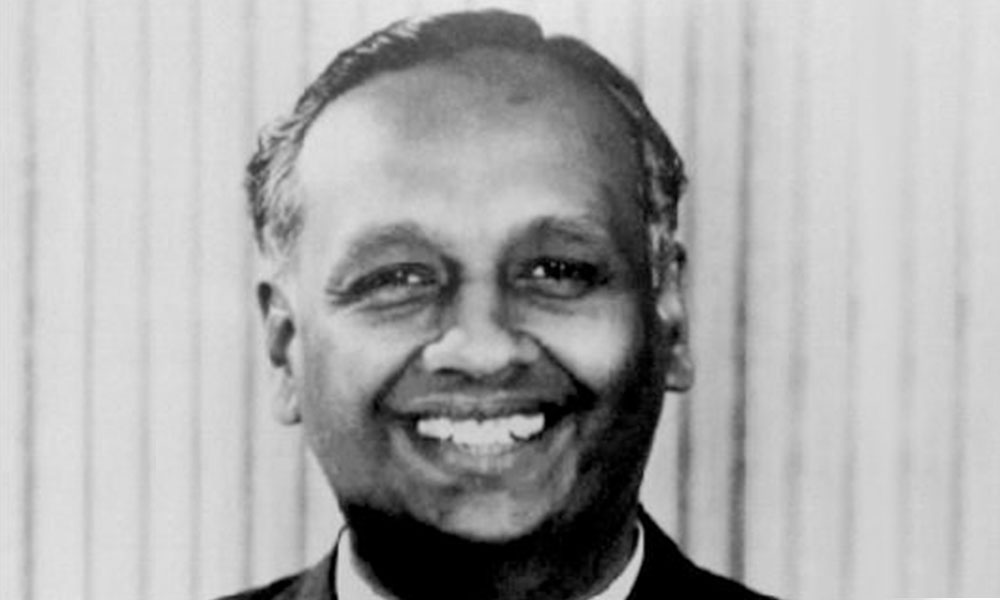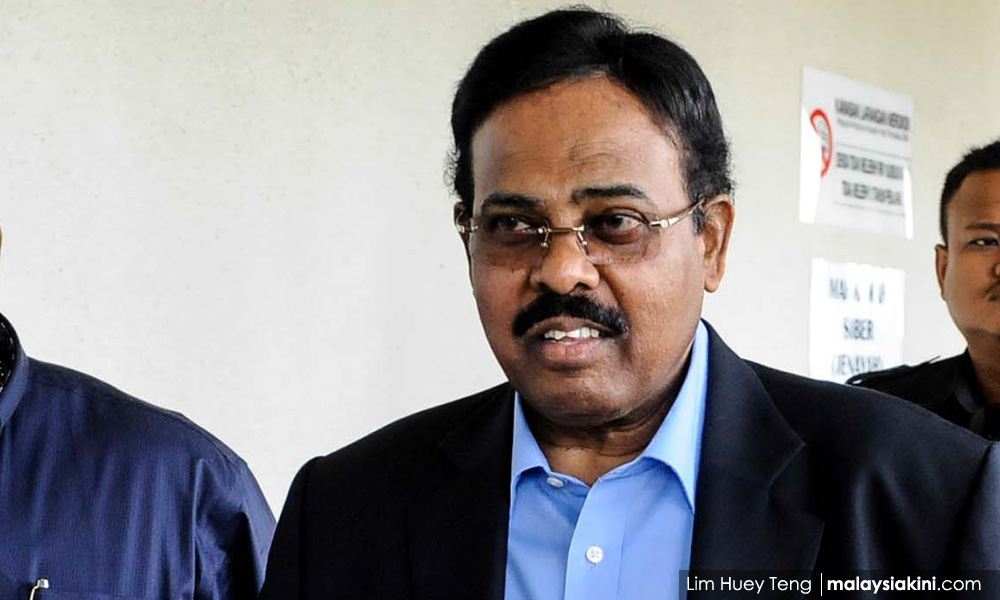
After a tiring day, on my way home I glanced at the tea stall located next to the MIC headquarters. The stall is under a huge tree that affords a lot of shade. Several party members whom I know were drinking, talking and enjoying each other's company.
I parked my car and went to the stall for some hot tea since it was drizzling. They were engaged in conversation about MIC’s lethargic performance in GE14.
They felt the MIC was not doing enough to forge ahead. Looks like the party doesn’t seem to be interested in professionals, one of them quipped.
That quip encapsulates the erosion in the credibility of the MIC as a political force since the 14th general election.
Tragically, the party does not have a coherent message for the young. MIC must regain its sense of purpose and not forever be an outfit of Umno. Don’t just be popular within MIC. Besides fighting for the Indian community, MIC must also strive to be inclusive and appeal to other races.
The MIC was established in 1946, in the Chettiar Hall on Jalan Ipoh in Kuala Lumpur. The party was among the first to fight for Malaya’s independence.
For MIC to continue to be relevant and to be a strong ‘vehicle’ for the Indian community, and in the interest of multi-racial harmony, the party should think outside the box.
The people’s perception of the party is that MIC is like a political drone, with blind loyal culture, supporting selected leaders for selfish survival.
No doubt ethnicity is entrenched in Malaysian politics, but what’s wrong with MIC cooperating with DAP, Bersatu and Keadilan as long it is beneficial to the party and to the Indian community?
If MIC could work with PAS, an ultra-religious Islamic party, I see no issue in MIC working with Amanah. On the other hand, the government does not have any party which fully represents the ethnic Indian community.

MIC once had leaders like the late VT Sambanthan (above). Realising that thousands of Indian labourers will be displaced from the estates due to changing land ownership, he set up the National Land Cooperative Society.
Through this cooperative, estates were purchased. The labourers bought the estates they worked in with affordable monthly instalments of RM10.
Sambanthan did not see himself as a leader of the Indians only, but as a national leader for all Malaysians.
MIC needs to combat the challenges and problems of the Indian community through higher education and vocational training, with an emphasis on social mobility. Let the efforts be community-based, not politically motivated
Ensure that your initiative will touch the lives of every individual.
The party doesn't need politicians who only master the art of public speaking. MIC needs leaders who can deliver results to build trust, set direction and create an inspiring vision.
The standout reason behind MIC’s defeat was the loss of trust in it among the people.
The party's Youth wing must engage with the young and must ensure inclusivity. Affiliations with civil societies are essential for its journey. There have to be dramatic changes at the division level to identify younger people who can be groomed to be leaders.
The structure and political mindset of MIC still bear a 20th Century image, while Malaysia has long been in the 21st Century.
What are the party’s strategies to attract more young members into the party?

Several senior members of the party are of the opinion that MIC is a spent force and no longer relevant. MIC is only keen to bring back ‘political pensioners’ like former senator S Nallakaruppan (photo, above), who established the Malaysian Indian United Party (MIUP) and former deputy minister Kohilan Pillai (vice-president, Gerakan) instead of young professionals.
What impact would such a move have?
MIC still lives in a comfort zone and is being lackadaisical. The party’s Youth, Women's and Puteri wings look weak and are not aggressive enough.
I observe MIC leaders holding meetings among themselves, garlanding one another, posing for photographs and updating their Facebook status. Don’t just hold meetings to enjoy your teh tarik and masala vadai without actionable agendas.
Soon, MIC might become a distant memory if this unpleasant situation persists. Party leaders must put aside protocol and reach out to the people.
MIC’s heydays are over. The time has come to reminisce no more about the good old days of the party, but to consider how and in what ways the future political representation of Indians should proceed. The MIC is in urgent need of rebranding.
M VIVEK served as an aide to several former MIC deputy ministers. - Mkini



No comments:
Post a Comment
Note: Only a member of this blog may post a comment.